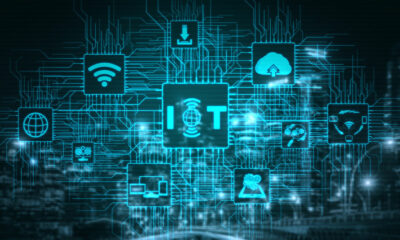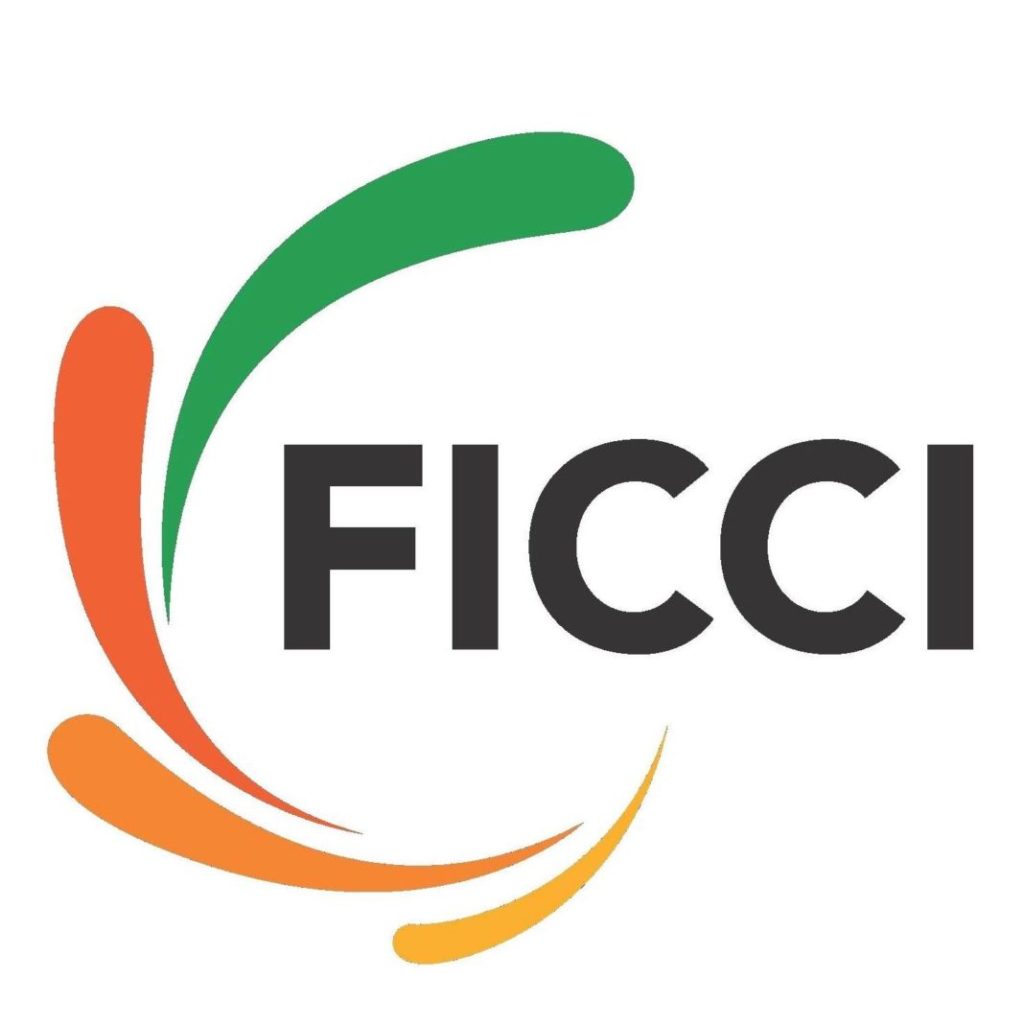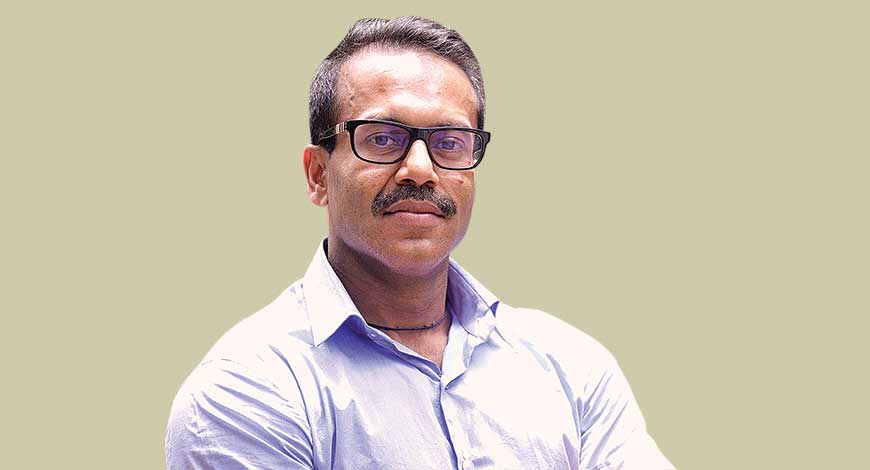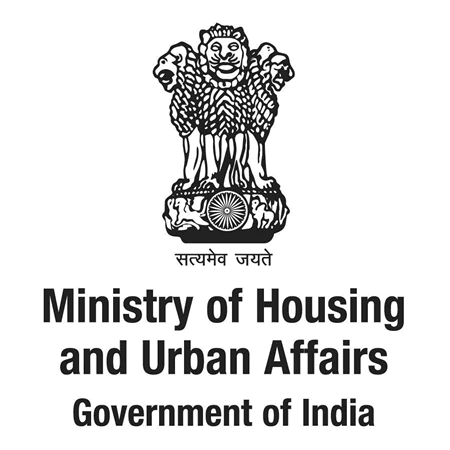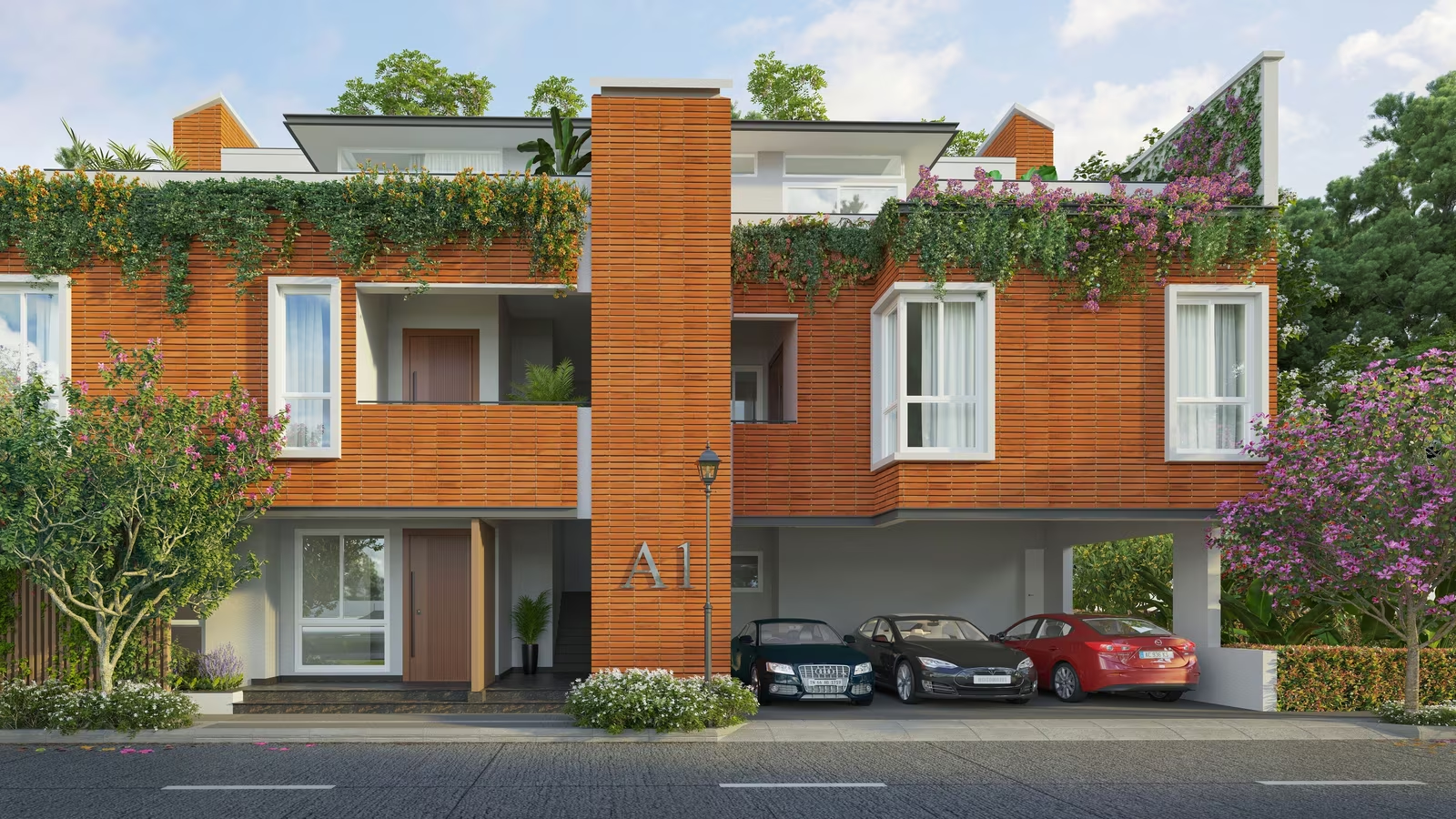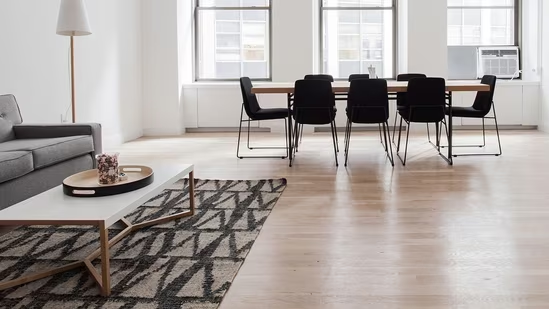Guest Column
A SMART CHOICE by Thanik B, Director Strategy & Business Development, Building Business, Schneider Electric


Did I turn off the fan before leaving home? Is the door locked? Did I set the security alarm? Do similar thoughts nag your mind when you are not at home? How about advanced automation system through which you can monitor and control your building’s function sitting at any corner of the world? Imagine controlling each and every appliance via smart phones or special remote controls with just a click. Such ideas which were a figment of imagination shown in sci-fi movies have become the reality of today. Welcome to the world of Smart Homes!
A smart home consists of smart technologies which help the inhabitant to have complete control over the appliances connected through a network. It could range from controlling light, temperature, multi-media, to security, window and door operations. A smart home might even take care of feeding the pet and watering the plants.
Experts believe that security, conveniences and energy efficiency are spurring the growth of Smart Homes in India. With the growing number of working couples in India, especially in metros, more and more homes stand empty for a large portion of the day. This necessitates a large extent of home automation. Increased family incomes are supporting this need.
The concept of smart home technology revolves around the use of sensors in the home that can monitor the behaviour of the persons and their interaction with their environment and use this data to enable assistance to be provided. Say they sense when a person enters the house, the lights switch on automatically and air conditioner sets on right temperature. Similarly when one is going to bed, it may activate security sensors, draw all the curtains and turn off lights and appliances.
Every household has a specific set of requirement. So the Smart Home installations need to be customised. This will ensure most efficient and cost effective network. Therefore, we can say that smart homes work on the concept of synchronisation and customisation. In India, the concept of smart homes is being integrated with that of green homes. Developers are trying to make homes intelligent enough to distinguish between family members and guests within physical spaces and adapt to individual needs based on biometrics like fingerprints.
Developers have recognised the dire need for a smart home, green homes and their benefits in an environment struggling with air, traffic, heat and noise pollution. While we have to rely on the administration to take care of our outdoor living conditions, we can at least control our home environment to create a better living condition. People are seeing social as well as financial benefits from sustainability factors. They now demand a house which is sustainable, energy efficient and eco-friendly.
Smart home infrastructure should be simple and effective. There’s no point in having technology that is complex or requires more time, cost and efforts as compared to manual working. Also aesthetic designs need to be considered. A buyer would not want his house to look like a scientist’s laboratory.
Smart Homes are getting widely accepted due to demands like increased energy efficiency, cost management, convenient lifestyle and improved performance. Smart green buildings are the next big things to watch out for. Schneider Electric, with a global expertise in green buildings management and specialisation in energy efficiency, is ideally equipped to provide comprehensive, integrated, scalable solutions which address the challenges faced by entrants in the field of green buildings, thus making the stakeholders’ jobs easy and consumers’ lives easier. Citizen research conducted by Schneider Electric in 2015 revealed that the need for safe and secure homes is one of the strongest drivers for homeowners to consider buying a Smart Home.
Smart Homes provide several advantages over conventional homes. It is estimated that the Smart Homes solutions market in India is growing at a rate of 30 percent YOY. At this rate, the market will double in revenue every three years. The market is, therefore, likely to explode over the next few years. Right from convenience, energy management to security and accessibility, home automation technologies act as real USP and differentiation element. Smart Homes present some very exciting opportunities to change the way we live and work. Smart Homes have become an integral part of Smart Cities Mission and they can definitely make world a better place to live in.
-



 News4 weeks ago
News4 weeks agoKW Delhi 6 Mall Onboards New Brands
-



 News4 weeks ago
News4 weeks agoManasum Senior Living Launches IKIGAI GOA, A Senior Living Community in North Goa, in collaboration with Prescon Homes
-



 News4 weeks ago
News4 weeks agoBridging India Divide: Top 5 Tier- 2 Cities to Focus On
-



 News4 weeks ago
News4 weeks agoCommercial Realty Gets Tech Savvy: Fast Construction, Enhanced Convenience
-



 News3 weeks ago
News3 weeks agoGodrej Properties Sells Rs 3k cr+ Homes of Godrej Zenith, Gurugram, within 3 days
-



 News4 weeks ago
News4 weeks agoMultipoint Connection – A Definite Boon
-



 News3 weeks ago
News3 weeks agoRBI’s Status Quo on Key Policy Rates to Help Maintain the Real Estate Growth Momentum, Say Industry Stalwarts
-



 News2 weeks ago
News2 weeks agoOlive Announces Dhruv Kalro as Co-Founder







